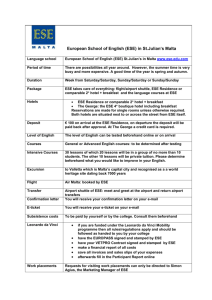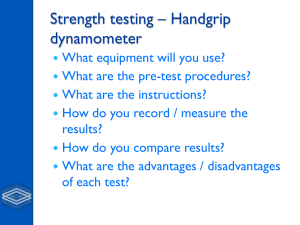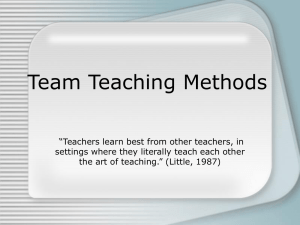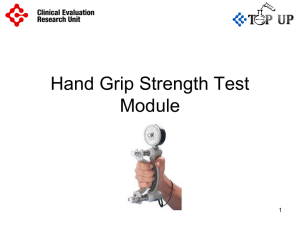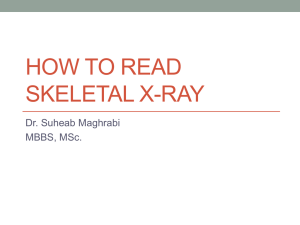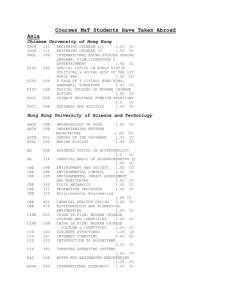FLEXIBLE PEDIATRIC DYNAMOMETER FOR BONE HEALTH
advertisement
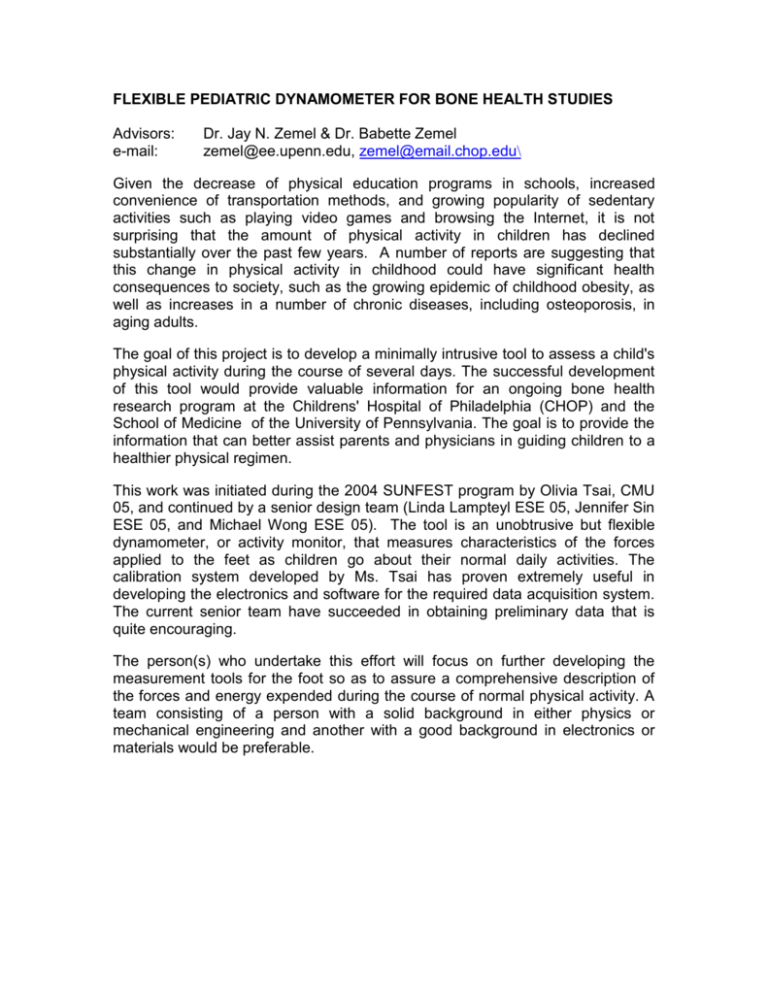
FLEXIBLE PEDIATRIC DYNAMOMETER FOR BONE HEALTH STUDIES Advisors: e-mail: Dr. Jay N. Zemel & Dr. Babette Zemel zemel@ee.upenn.edu, zemel@email.chop.edu\ Given the decrease of physical education programs in schools, increased convenience of transportation methods, and growing popularity of sedentary activities such as playing video games and browsing the Internet, it is not surprising that the amount of physical activity in children has declined substantially over the past few years. A number of reports are suggesting that this change in physical activity in childhood could have significant health consequences to society, such as the growing epidemic of childhood obesity, as well as increases in a number of chronic diseases, including osteoporosis, in aging adults. The goal of this project is to develop a minimally intrusive tool to assess a child's physical activity during the course of several days. The successful development of this tool would provide valuable information for an ongoing bone health research program at the Childrens' Hospital of Philadelphia (CHOP) and the School of Medicine of the University of Pennsylvania. The goal is to provide the information that can better assist parents and physicians in guiding children to a healthier physical regimen. This work was initiated during the 2004 SUNFEST program by Olivia Tsai, CMU 05, and continued by a senior design team (Linda Lampteyl ESE 05, Jennifer Sin ESE 05, and Michael Wong ESE 05). The tool is an unobtrusive but flexible dynamometer, or activity monitor, that measures characteristics of the forces applied to the feet as children go about their normal daily activities. The calibration system developed by Ms. Tsai has proven extremely useful in developing the electronics and software for the required data acquisition system. The current senior team have succeeded in obtaining preliminary data that is quite encouraging. The person(s) who undertake this effort will focus on further developing the measurement tools for the foot so as to assure a comprehensive description of the forces and energy expended during the course of normal physical activity. A team consisting of a person with a solid background in either physics or mechanical engineering and another with a good background in electronics or materials would be preferable.

